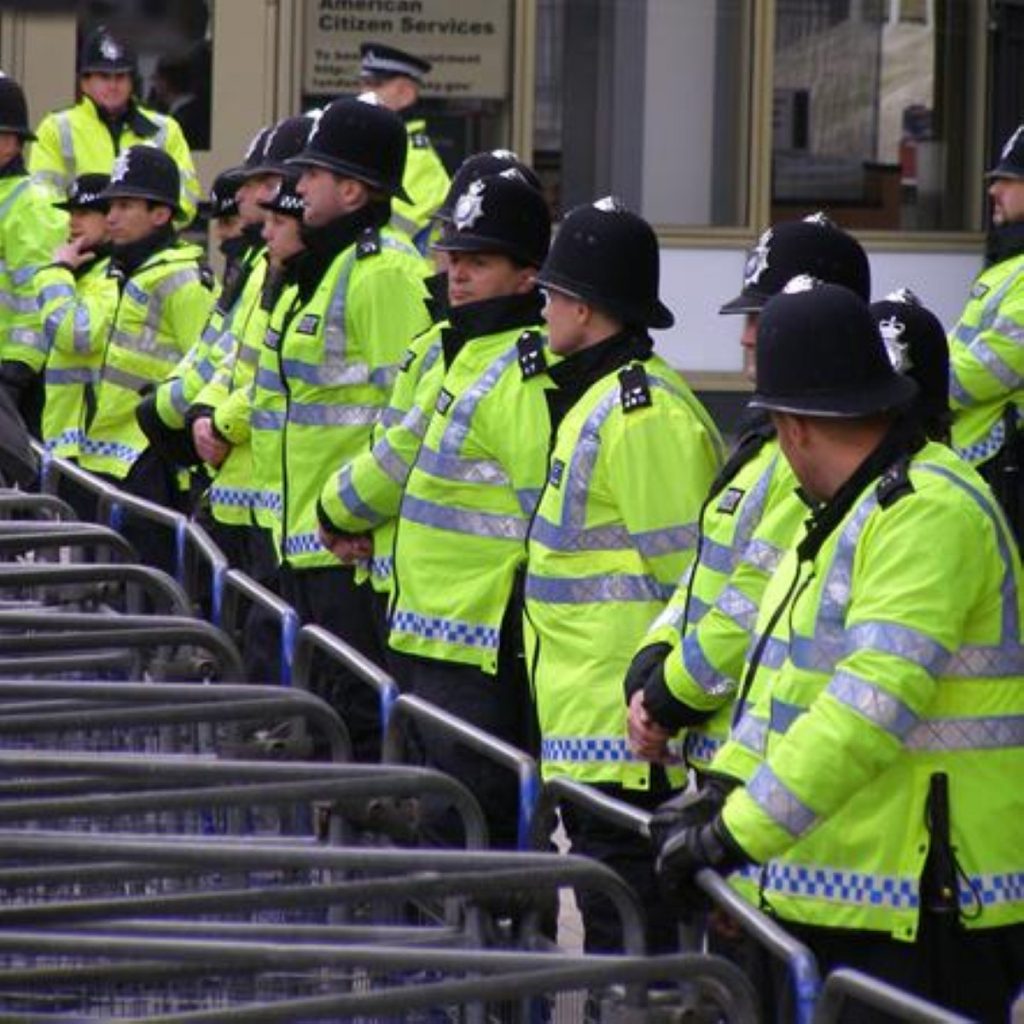Police complaints skyrocket
The number of complaints against the police has risen dramatically, reaching a total of 33,854 last year.
The figures, released by the Independent Police Complaints Commission (IPCC) today, mark an eight per cent increase on the year before.
The increase comes at a time when policing methods are under increased scrutiny, following questions over the activities of police spies in infiltrating activist groups and the use of tactics like kettling during large-scale protests.


Complaint cases can have more than one specific allegation attached to them – and allegations soared by a comparable eight per cent to a total of 58,399.
The most common complaint was about incivility or neglecting duties, with nearly 50% of all allegations regarding officers being rude or late.
There were 14,983 allegations of neglect or failure and 11,576 allegations of incivility.
Over a quarter of all allegations were for oppressive behaviour – including 7,348 alleged assaults.
Compared to the previous years, the biggest rises in allegations were for improper disclosure of information, other neglect or failure in duty, traffic irregularity and oppressive conduct or harassment.
Most complainants were white men in their forties. There was also a 21% increase in appeals to the IPCC.
In ten per cent of cases there was proven misconduct, a similar percentage to previous years.
Len Jackson, interim chair of the IPCC, said the system itself encouraged more complaints.
“I believe improved confidence and access has encouraged those who previously were not inclined to complain that making a complaint is worthwhile,” he said.
“The number of ‘rude and late’ complaints highlights the standards expected of the police service and the need to improve how they interact with the public.
Mr Jackson said smaller police budgets will “present a challenge” to maintain levels of public service.
“This will require forces to develop an open dialogue with the public,” he said.
The IPCC has introduced ‘key indicators’ to judge how complaints are being handled, including information on how long it takes for complaints to be recorded. Figures for local forces will be published later in the year.
“The work we are doing with forces driven by the indicators to improve their performance, and legislative measures based on our proposals for a simpler system, will lead to a complaints system more in line with the public’s expectations,” said Mr Jackson.









